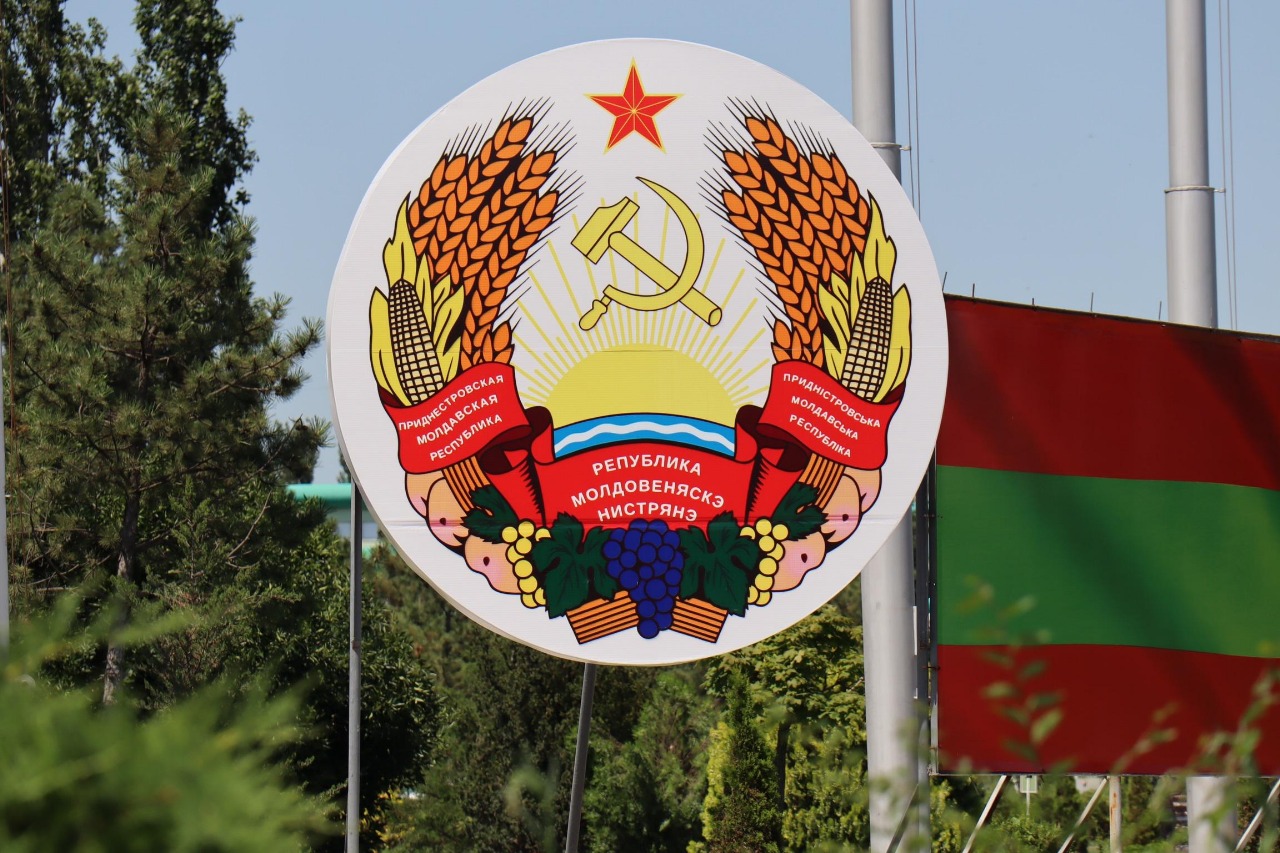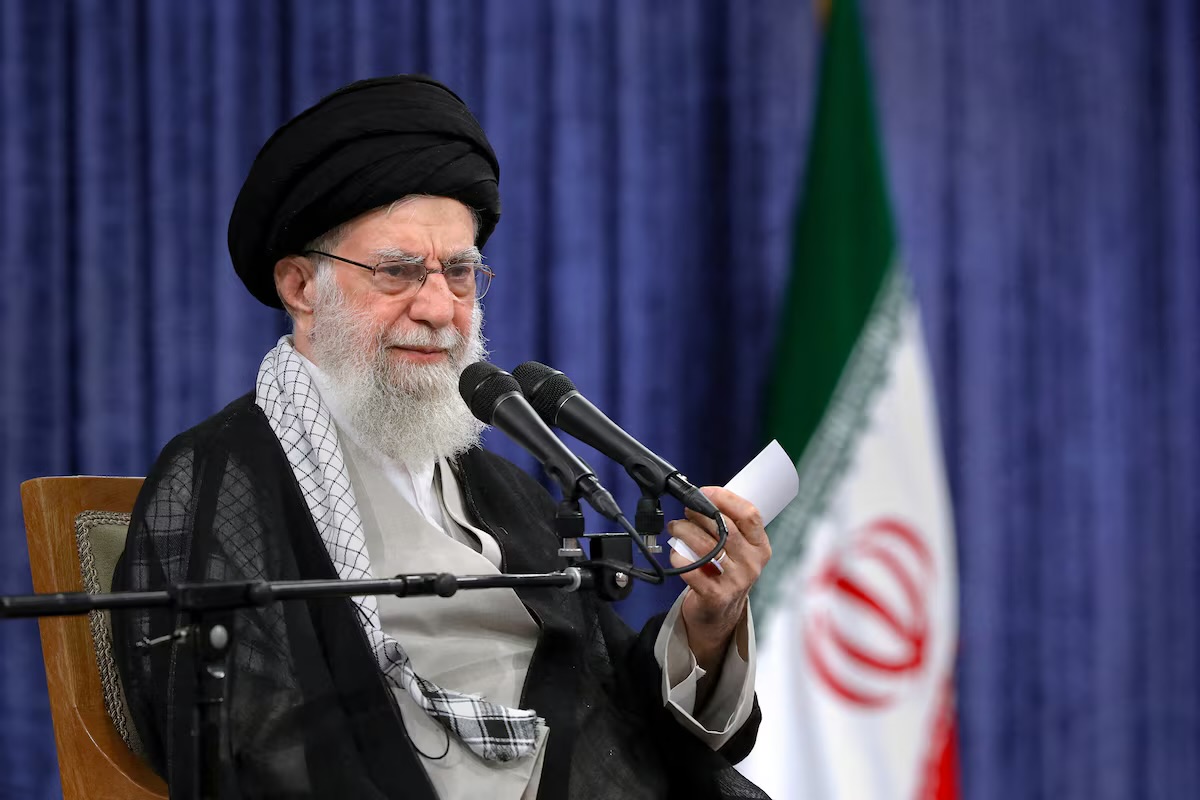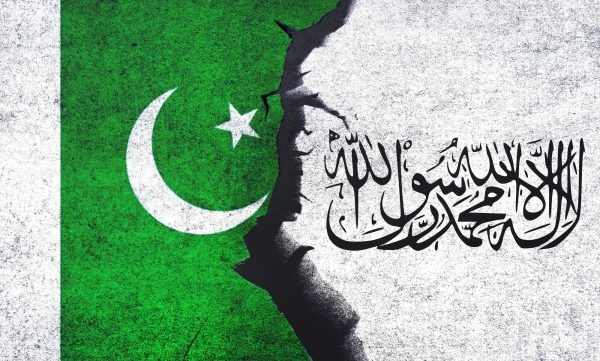TIRASPOL, TRANSNISTRIA – The self-proclaimed republic of Transnistria, a Russian-backed breakaway region in eastern Moldova, declared a new 30-day state of economic emergency on June 11 after natural gas supplies from Russia were sharply reduced, according to Moldovan news outlet Newsmaker.
This marks the sixth consecutive extension of emergency measures since December 2024. The previous 90-day order expired on June 8. Local lawmakers approved the new decree unanimously, citing an ongoing “severe general economic crisis” triggered by deepening energy shortages.
Russia’s Gas Cuts Leave Transnistria in Crisis
Gas deliveries to Transnistria have been inconsistent since January 1, 2025, when Russia’s Gazprom halted direct supplies. The stoppage followed Ukraine’s decision to block Russian gas transit, which had previously allowed the region to receive fuel despite Moldova’s broader pivot away from Russian energy since 2022.
Transnistria had been receiving around 2 million cubic meters of gas per day, but since early June, deliveries have reportedly dropped by 50%, said Moldovan energy official Alexander Slusar. The region’s primary gas distributor, Tiraspoltransgaz, attributed the cutbacks to a lack of funding.
Debt and Dependency
Transnistria’s energy crisis has long been entangled in politics. The unrecognized territory accrued over $10 billion in gas debt, effectively receiving free fuel as part of Russia’s geopolitical leverage in the region, according to Moldovagaz, Moldova’s largest energy company and a Gazprom subsidiary.
In February 2025, a new gas arrangement was brokered: a Hungarian firm delivers gas via Moldovagaz, financed through a Russian loan. The deal came after weeks of power outages brought Transnistria’s industry to the brink of collapse.
Despite severe energy shortages, Transnistrian leaders rejected a €60 million ($62 million) EU aid package earlier this year, reportedly under pressure from Moscow.
Background: A Region in Limbo
Transnistria, home to nearly 466,000 residents, has been de facto controlled by pro-Russian separatists since the early 1990s. It remains internationally recognized as part of Moldova. Russian troops are still stationed in the region, despite repeated international demands for withdrawal.
As economic conditions worsen and energy supplies dwindle, analysts warn that Transnistria may be heading toward a full-scale humanitarian and industrial crisis, with no clear resolution in sight.





